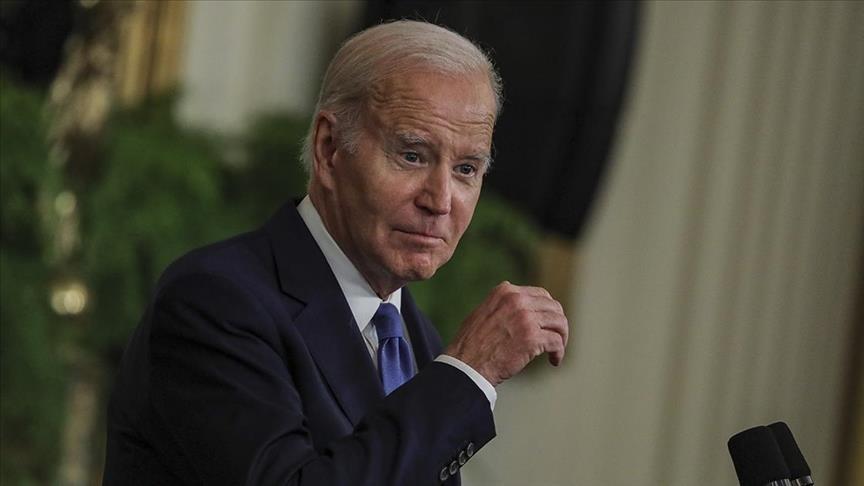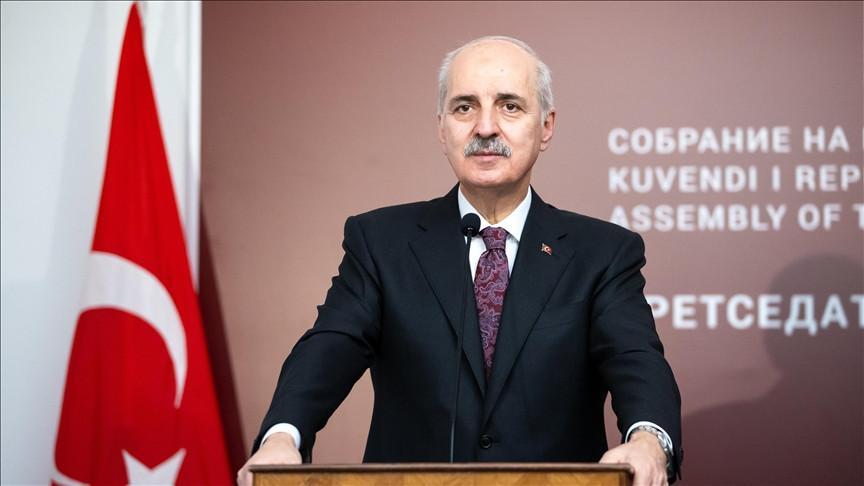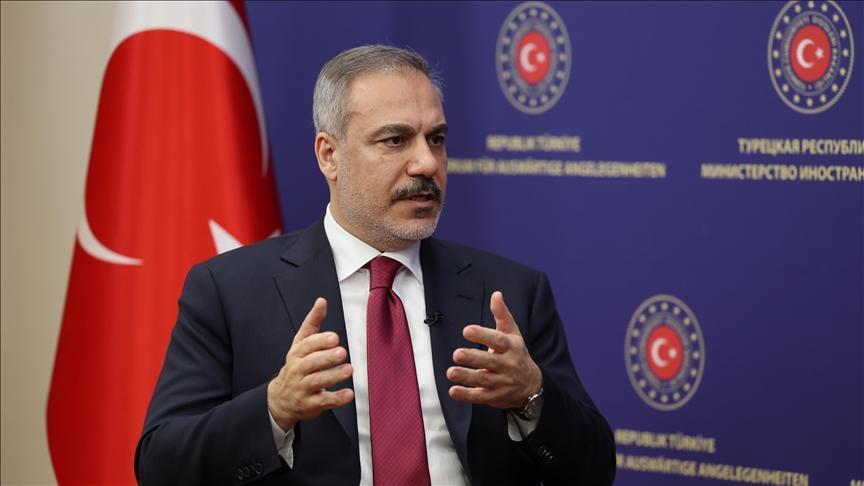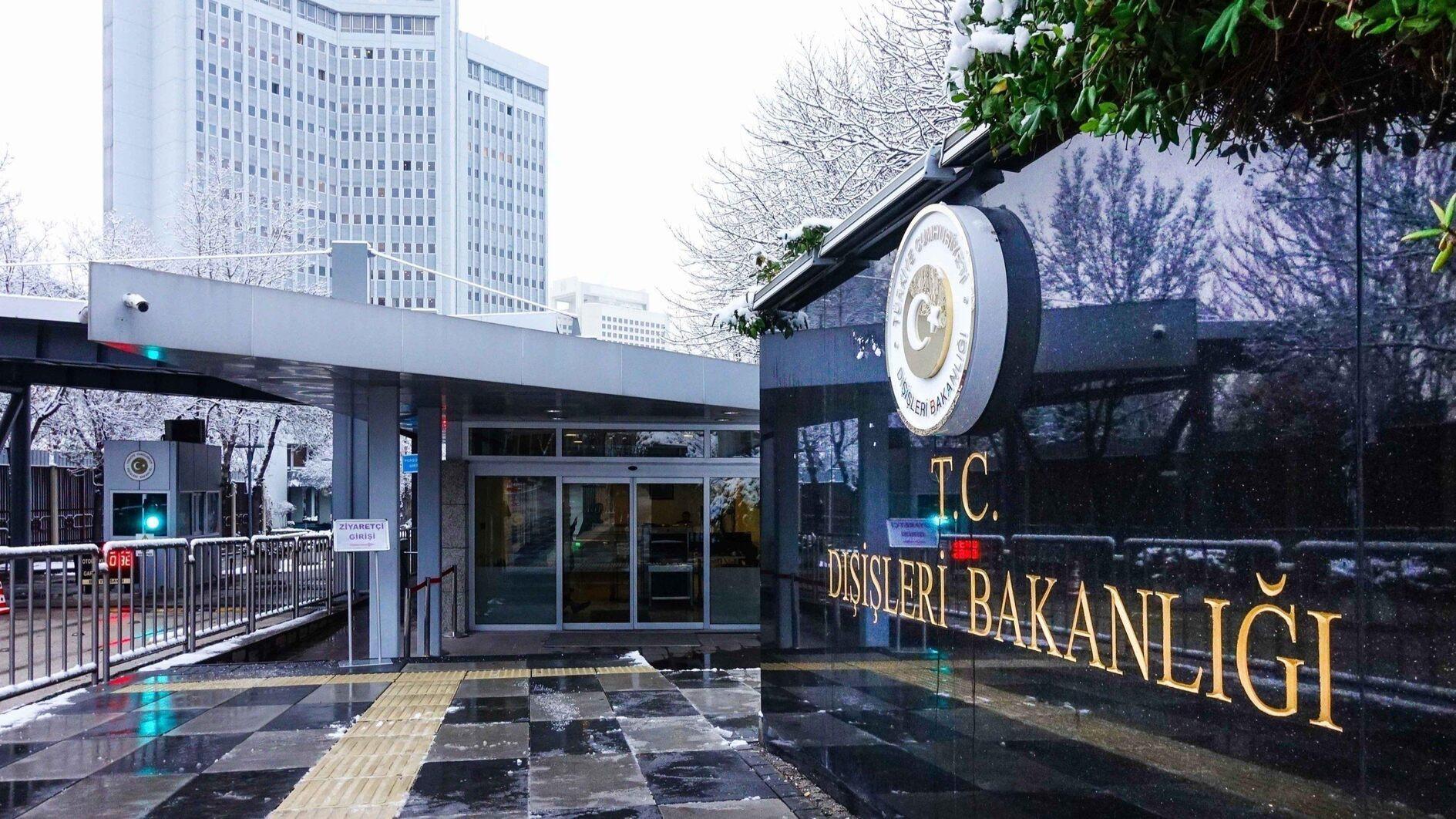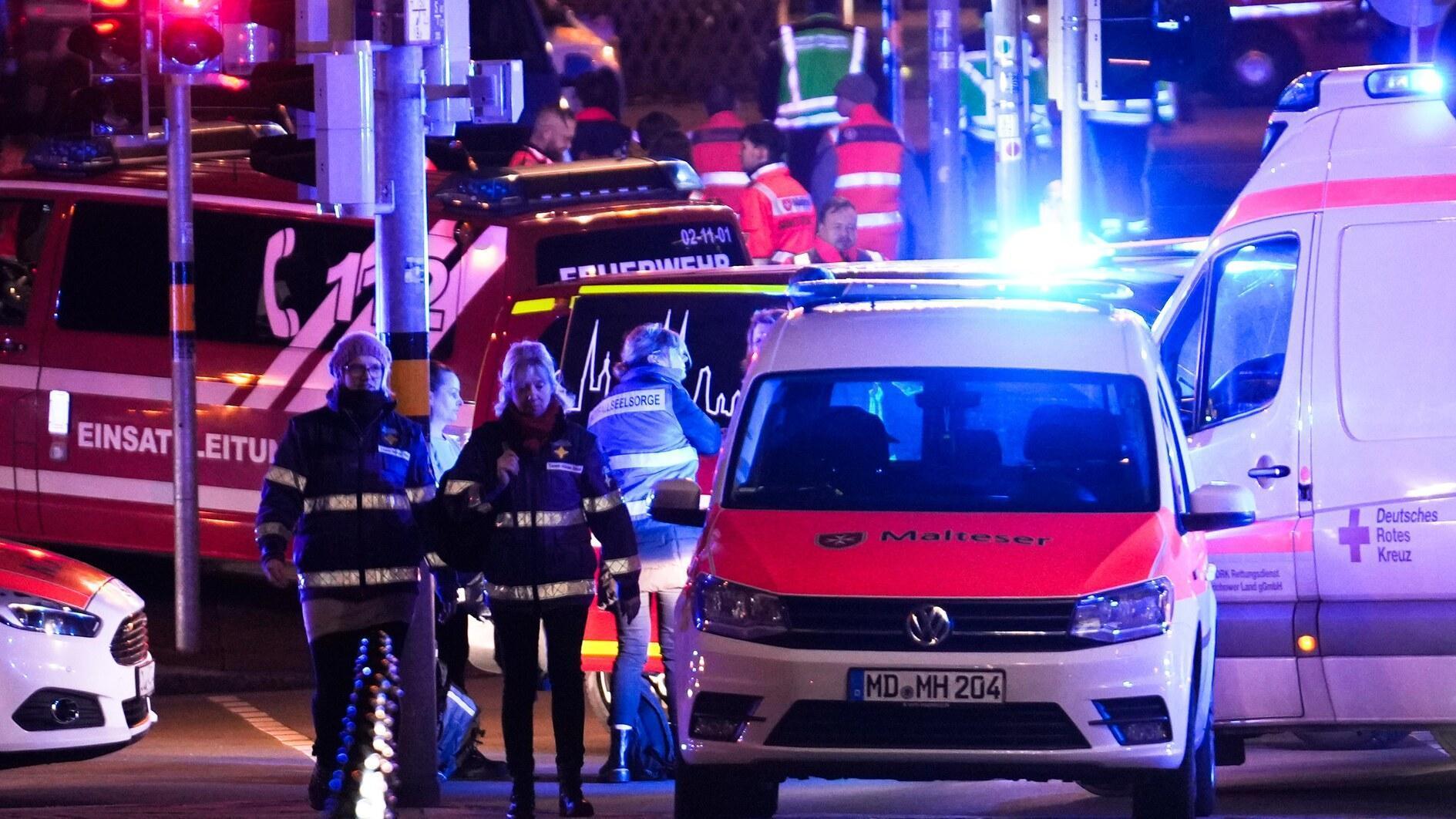Turkey hits PKK’s senior leaders, external affairs unit: Analysis
Serkan Demirtaş
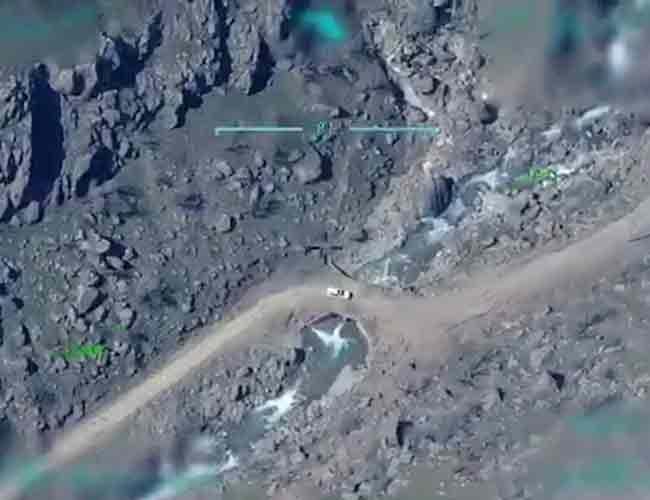
Turkey said it has killed three senior PKK members and seriously wounded the head of the foreign affairs unit of the terrorist organization in an aerial attack in northern Iraq upon intelligence provided by the spy agency, with beliefs that the assault has caused to collapse the PKK’s external affairs network.
According to the information provided by the security forces, the joint operation by the National Intelligence Organization (MİT) and the Turkish Armed Forces (TSK) took place on March 21 and inflicted a heavy blow to the PKK. The PKK is a terrorist organization. It is classified as a terror group by Turkey, the United States and the European Union.
As a result of the attack Rıza Altun, one of the PKK’s founding leaders and top responsible of the terror organization’s external affairs, was seriously injured. Altun had served as the head of the PKK’s organization in Europe for decades and was on the Interpol’s red notice list.
The attack killed Mikail Özdemir, responsible for the PKK’s external affairs, Emrullah Dursun, the PKK’s spokesman, and Ali Aktaş, responsible for the Qandil Mountain region. The PKK has its main headquarters and training centers in the Qandil Mountains in the northern Iraq, where the borders of Turkey, Iraq and Iran meet.
The operation was planned after the intelligence agency was informed that Altun would attend a meeting in Abu Bakra village near the Iranian border with the participation of other senior PKK members. As part of preparations, all the potential routes and vehicles Altun may use have been kept under surveillance by Bayraktar TB2, an unmanned aerial vehicle.
The aerial attack into a position in which Altun and other men were meeting was carried out by Turkey’s F-16s at noon on March 21 successfully.
Kalın: Turkish army more powerful after FETÖ
İbrahim Kalın, the chief foreign policy adviser to the president, highlighted the fact that the Turkish Armed Forces has become much more powerful after it was cleared of FETÖ following the July 2016 failed coup attempt. This attack has shown that the TSK is not suffering from a security vacuum in the aftermath of the failed coup, Kalın said on his Twitter account, vowing that it will continue to fulfill its duty with determination.
PKK’s senior leadership targeted
Turkey’s fight against the PKK has intensified in the last two years, with a focus on the terrorist organization’s structures in northern Iraq as well as its senior leadership, under the new anti-terror concept that prioritizes eliminating terrorist threats at its root.
It’s believed that a coordinated and synchronized cooperation between MİT and the TSK has resulted in successful and successive operations against the PKK. One of the important factors in these operations is the human intelligence capability and capacity of MİT as this allows more accurate intelligence for operations, according to security experts.
Another dimension of this recent attack in northern Iraq is that it targeted the PKK’s most senior responsible for external affairs, Altun, who has been described as the “PKK’s foreign minister” by foreign media outlets and sympathizers of the terrorist organization.
 As a result of this attack that caused the collapse of the PKK’s external affairs cadres, the network and memory of the terrorist organization that have been developed over the decades were also destroyed, experts believe. Re-instating this network and relationships based on credible and new cadres will take years, they suggest.
As a result of this attack that caused the collapse of the PKK’s external affairs cadres, the network and memory of the terrorist organization that have been developed over the decades were also destroyed, experts believe. Re-instating this network and relationships based on credible and new cadres will take years, they suggest.
This attack displays the fact that Turkish security and intelligence are behind the senior leadership of the PKK and that will push them to be less visible in the coming period.
Who is Rıza Altun?
Altun is known to have been among the founders of the PKK in the early 1980s along with Abdullah Öcalan. He had served as the PKK’s Europe and Iran responsible and later became one of the top officials at the political committee and external affairs committee.


